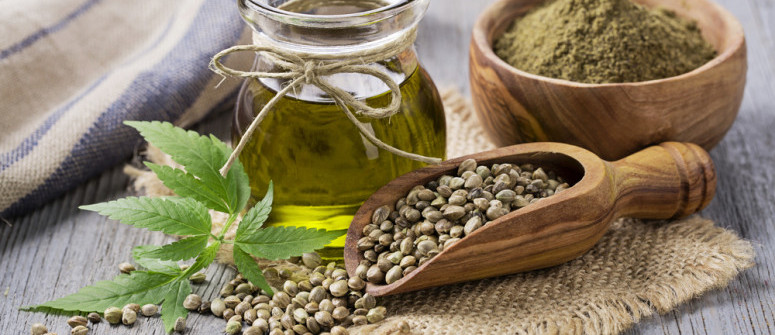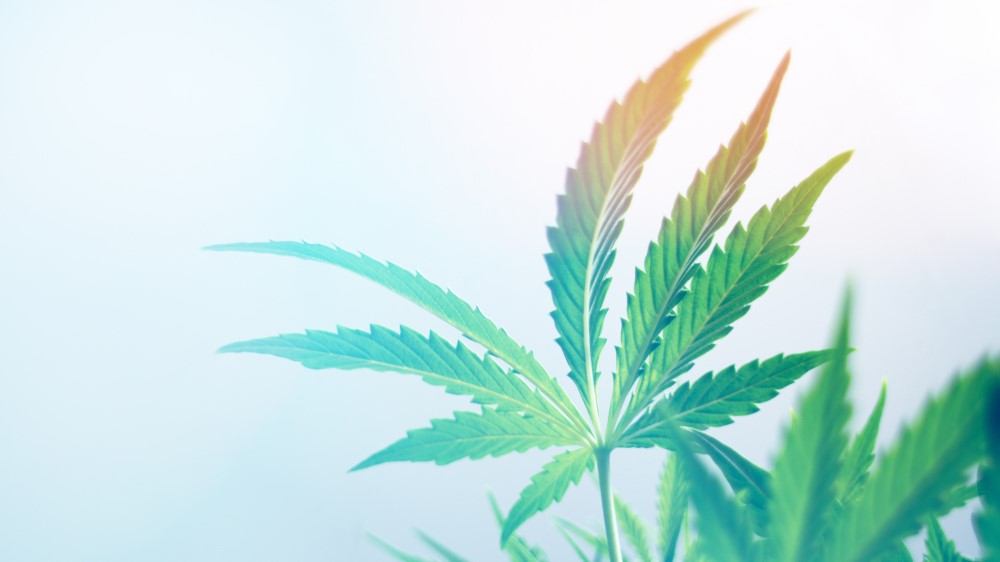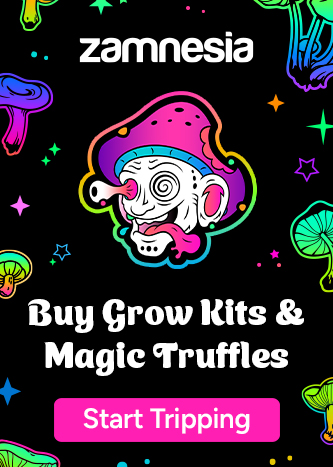Are cbd oil and hemp seed oil the same?

Both CBD oil and hemp seed oil are immensely useful, but some mistakenly believe they're one and the same. While both derived from hemp, their differences are clear in terms of content, how they're extracted, and how they're used in daily life. Through this article, we hope to make the distinction plain and clear.
Hemp oil ( aka hemp seed oil) and CBD oil have made strong impressions in the world of wellness products, especially over the past few years. They can both benefit your well-being in a variety of ways, but first, let's provide some clarity. Despite some similarities, and contrary to popular belief, hemp oil and CBD oil are not the same.
They can both play a role in your daily routine but are by no means interchangeable.
HEMP: AN INCREDIBLY VERSATILE PLANT

"Wait a minute", you might be thinking. "I thought CBD oil was derived from hemp. Wouldn't that mean CBD oil is hemp oil?".
Not quite.
You see, hemp is an incredibly versatile plant. Along with being used to make rope and textiles for centuries, it's also used in manufacturing paper, bioplastics, insulation, and even biofuel. Furthermore, different preparations allow one to derive two distinct types of oil from the plant. These, of course, are hemp oil and CBD oil. Through a closer look at both, we hope to clear up any confusion you might have about these products.
WHAT IS CBD OIL?
For those unfamiliar, CBD, short for cannabidiol, is one of the main compounds found in flowers of hemp plants, as well as throughout some of its other parts to lesser degrees. In the interest of experiencing the full benefit of the compound (which we'll discuss soon), hemp plants are processed to obtain a concentrated CBD extract. This can then be used to make CBD oil. If you'd like to learn more about CBD itself, feel free to check out our more in-depth discussion on the topic.
HOW IS CBD OIL MADE?
Careful extraction is a vital aspect of obtaining quality CBD oil. There are three main methods available: the alcohol solvent method, the olive oil method, and CO₂ extraction. While the first two can be performed at home, the third requires a hefty amount of resources and expertise. It is, however, the most trusted and effective of the three; here’s why.
CO₂ extraction involves running supercritical CO₂ (between the gas and liquid state) through dried hemp to extract CBD. The final product is one of the best extracts available, retaining all the natural benefits of the hemp, without any unnecessary ingredients like chlorophyll or waxes.
The olive oil method, in comparison, is far more simple, although the resulting concentrate is not as potent. Long story short, this process involves heating up decarboxylated hemp and olive oil together. This type of oil must be stored in a cool, dark place as it spoils easily.
The final method is the quickest, least expensive, and simplest. It involves soaking the hemp in ethanol and heating it until it's evaporated. If this is done improperly, the final product will be unsafe for consumption. Besides this, the overall danger of the process (specifically in heating highly flammable substances) makes this method controversial, even if convenient. On top of all that, the chlorophyll that ends up in the final product gives the oil a bitter, grassy taste. For this reason, choosing CO₂-extracted CBD oils from reputable producers is your safest bet.
WHAT IS CBD OIL GOOD FOR?
After the extraction process, you're left with CBD oil that can offer you a wide range of potential benefits. Do you happen to suffer from nausea or neuropathic pain? Certain studies on rats have displayed CBD's potential as an aid to those issues. Further studies have shown CBD's great potential to counter social anxiety, along with an ability to help people with public speaking issues.
For these reasons and more, professional athletes across nearly every sport have started to take notice. Many even make their affinity public, swearing by CBD for significantly improving their health and lifestyle. Even the World Anti-Doping Agency has made a point of removing CBD from its list of banned substances. As a result, many athletes have been able to join regular folks in supplementing with CBD.
All that considered, CBD is not a cure for any illness, and you should always consult your doctor when planning to start or stop a supplement or medication regimen.
WHAT IS HEMP OIL?
Now that we've covered CBD oil, you're likely curious about what makes hemp oil different. For starters, it's derived from the seeds, rather than the plant's flowers or trimmings. Hemp seeds do not contain any CBD; thus, the oil produced from them does not naturally contain any CBD either.
HOW IS HEMP OIL MADE?
Besides the lack of CBD, another key difference emerges in the manufacturing process. While CBD oil requires the use of solvents, olive oil, or CO₂, hemp seed oil merely requires the pressing of hemp seeds. After the seeds are cleaned, traditional manufacturers utilise an oilseed press to obtain the oil that comprises 49% of their weight. If you have a hand-crank for seed oils, you can even perform this process at home. Cold-pressing, while more complicated and less productive quantity-wise, is preferred as it allows the oil to retain more of its natural benefits. The unrefined, cold-pressed product is a green oil, either opaque or clearer in nature, with a nutty flavour. Once refined, the oil loses nearly all colour, along with almost all of its flavour.
WHAT IS HEMP OIL GOOD FOR?
While it offers a different range of benefits and uses, hemp oil is just as impressive as its CBD counterpart. Given its low saturated fat content, along with high amounts of polyunsaturated fat, it's commonly used as a food oil or dietary supplement. The presence of essential fatty acids like linoleic and α-linolenic acid makes it even more appealing to health-conscious folk. It's also known to help some people maintain healthy skin. Industrially, it finds widespread use in the manufacturing of everything from fuel, lubricants, and plastics to paints and inks. Even carpenters and furniture-makers find it useful as a varnish for wood finishing.
CBD AND HEMP SEED OIL COMBINED
Although CBD oil and hemp seed oil are different, they can often be combined, adding to the confusion. The final product of a CO₂ extraction is a raw, high-quality CBD paste. This CBD paste is mixed with a carrier oil to make the CBD oil often sold in stores—the most common being olive oil. However, this paste can be mixed with hemp seed oil to create a CBD hemp seed oil. CBD hemp seed oil offers the benefits of both combined—the power of CBD and the nutritional value of hemp seed.
THE KEY DIFFERENCES BETWEEN CBD OIL AND HEMP OIL
To summarise, while both are derived from hemp and offer many benefits, CBD oil and hemp oil are quite different (unless combined). CBD oil, for instance, involves a relatively elaborate extraction process, while hemp oil extraction is much more straightforward.CBD can potentially help tackle anxiety, inflammation, pain, and even sleep issues. hemp seed oil, while not offering those same benefits, offers essential fatty acids, protein, and other key nutrients. In short, keep both in your life, but make sure you don't mistake one for the other!




